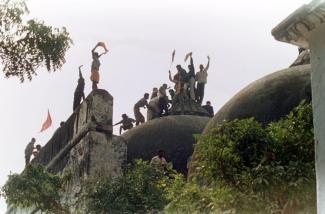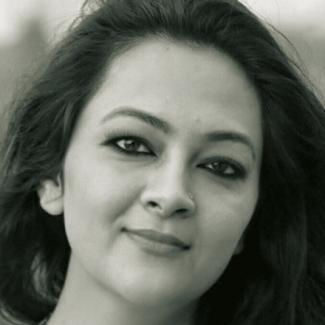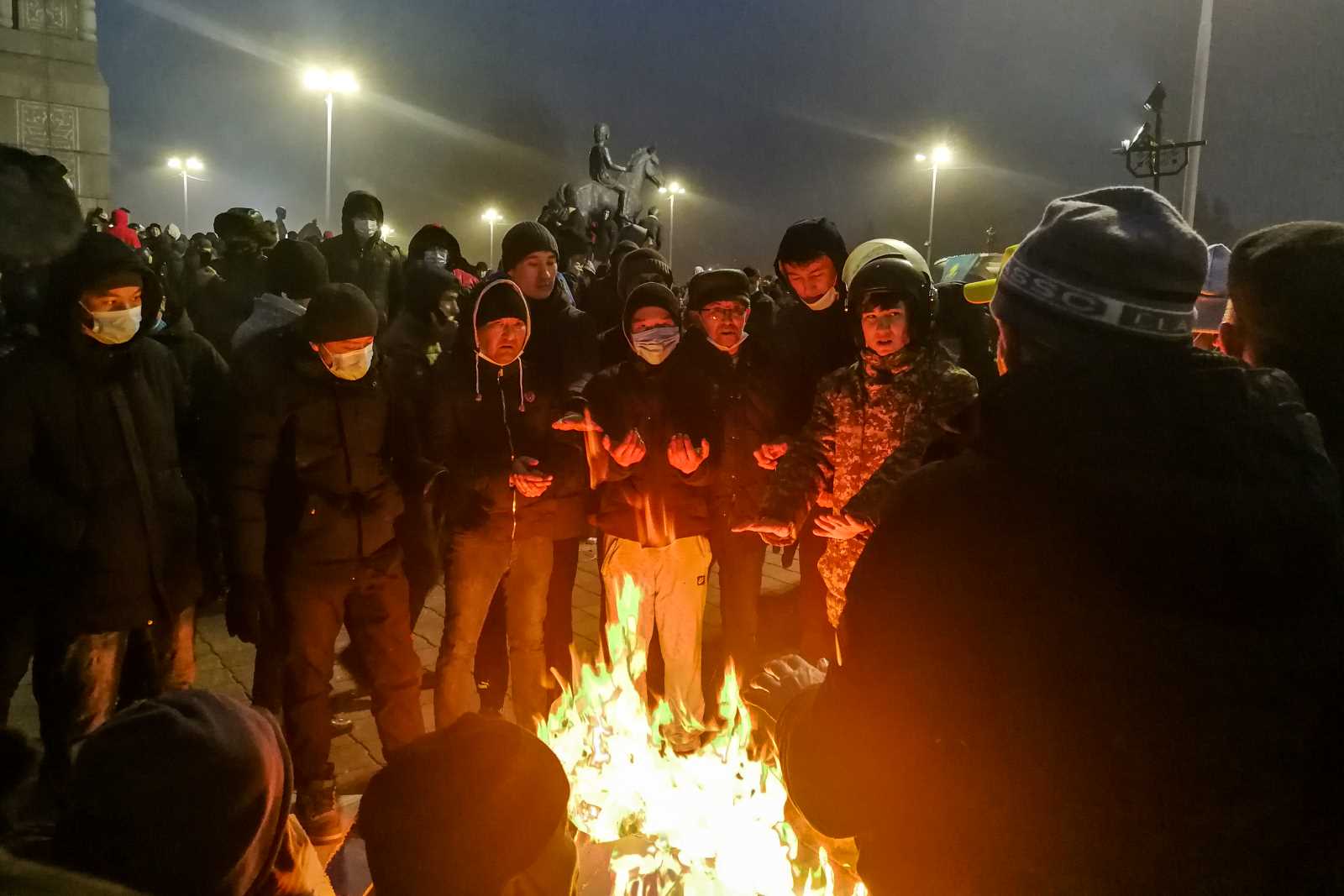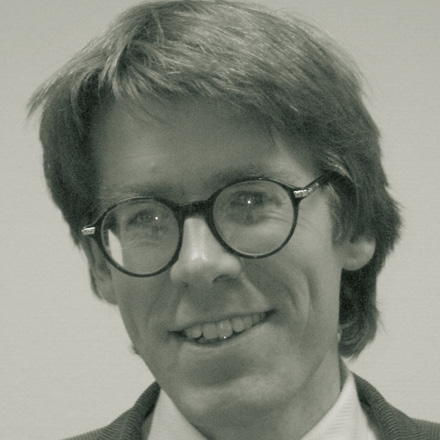Press freedom
Veiled threats and blatant harassment

The advocates of Hindu supremacism can be quite soft-spoken. Some do not have any formal ties to the BJP, India’s Hindu-nationalist ruling party. Sri Sri Ravi Shankar, an influential spiritual guru with millions of followers, provided a recent example.
Gurudev, as his followers call him, says he wants to help to resolve the Ayodhya dispute, which is probably India’s most vexing faith-related controversy. It has triggered many riots and claimed thousands of lives in India, Pakistan and Bangladesh.
According to Hindu mythology, the Hindu god Ram was born in Ayodhya. This legend was first documented in the 19th century. In the 16th century, a big mosque was built in Ayodhya under Mughal rule, and it probably replaced a Hindu temple. The historical evidence is not entirely clear. In late 1992, after a long nation-wide campaign, a mob of Hindu fanatics tore down Babri Mosque because they wanted to build a temple in its place. Brutal violence immediately erupted across South Asia. The Mumbai riots in 1993, the Gujarat riots in 2002 and many less prominent ones were also linked to Ayodhya.
The Supreme Court has stayed construction of the temple and maintained the status quo. The case is still pending.
The guru has suggested an out-of-court settlement. He wants Muslims to cede the land on which the mosque stood to Hindus so a temple can be built. In return, Muslims would be allowed to build a new mosque somewhere else in Ayodhya. In Sri Sri’s words, this arrangement would bring peace. Should the Supreme Court decided against building a temple, however, India would become like Syria, according to him.
His followers fast insisted that the Syria metaphor was not supposed to be a threat, but merely a warning. The plain truth, of course, is that his “solution” is to give Hindu supremacists what they want and that he speculated about terrible things that would happen otherwise. His stance on Ayodhya is actually similar to that of the BJP, which has declared in the election manifesto it will build a Ram temple.
The guru and his organisation Art of Living are not officially part of the BJP network, but they are obviously close to the government. One devotee is a BJP member of parliament. In 2016, Art of Living organised an international cultural festival in Delhi. Prime Minister Narendra Modi and several cabinet ministers attended it.
An interview that the guru granted me in March did not go well. Unable to take my questions concerning the promotion of Hindu supremacy in a country with a secular constitution, Sri Sri abruptly ended the interview and his followers shut down our camera. Earlier during the interview, one of his media managers had broken into the frame and demanded that I only ask “positive” questions. All this was recorded, and TheWire website published the video uncut. It went viral on social media and millions watched it.
Predictably, the troll army was unleashed on me and TheWire. It is not humanly possible for me to give an exact number of people sending me hateful and vicious tweets, but for three consecutive days, dozens of people with hundreds of tweets flooded my timeline.
Devotees were upset that I challenged their spiritual leader’s divinity by asking him serious questions. I had experienced troll abuse before, and what really surprised me this time was that prominent right-wing ideologues with substantial Twitter followers used their power to ridicule me. They obviously wanted to discredit me into silence.
An official BJP spokesperson claimed that our video was doctored. Ravishankar’s media team came up with their own version of the video, challenging the authenticity of ours. Such disinformation serves to confuse the public.
The impatience the guru revealed in the interview showed that he is not the honest broker he claims to be. It undermined his carefully crafted public image, and that was something the Hindu supremacists could not tolerate.
Link
Sri Sri Ravi Shankar interviewed by Araf Khanum Sherwani (in Hindi):
https://thewire.in/video/watch-interview-sri-sri-ravi-shankar-faith-constitution-ayodhya














